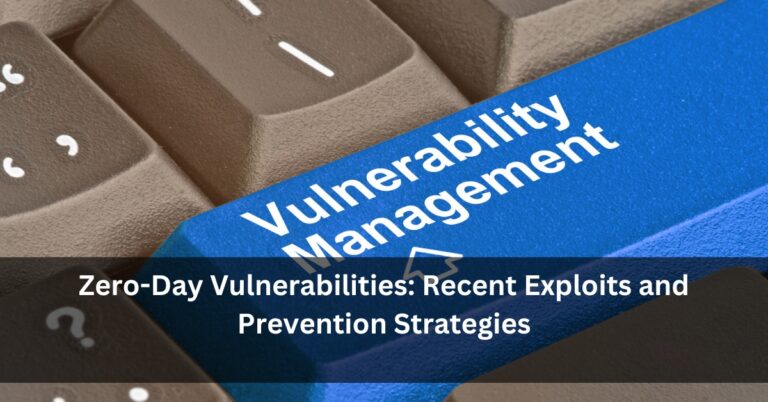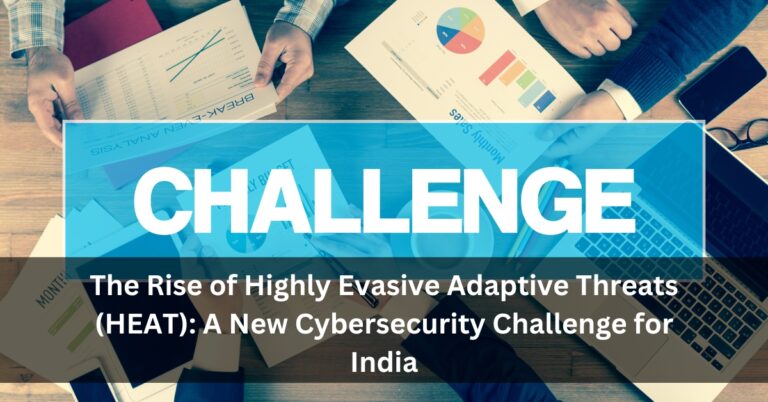Quantum Computing and Its Implications for Cybersecurity: What India Needs to Know
As we move into a more connected digital world, cybersecurity has become one of the top priorities for individuals, companies, and governments alike. While technologies continue to evolve, one area that is likely to reshape the entire cybersecurity landscape is quantum computing. For most people, the term might sound technical, but its impact will be felt by everyone—from daily internet users to national security systems.
At FutureAI, we believe that staying ahead in the world of cybersecurity means understanding the technologies that could change everything.
What Is Quantum Computing?
Quantum computing is a new type of computing that uses the principles of quantum mechanics to process information. Unlike traditional computers that use bits (either 0 or 1), quantum computers use qubits, which can be both 0 and 1 at the same time due to a concept called superposition. This unique property allows quantum computers to solve certain problems much faster than classical computers ever could.
To give a simple example, imagine trying to find one correct key from a million keys. A normal computer would check each one one-by-one. A quantum computer, thanks to its ability to process many possibilities at once, could find the correct key in a much shorter time.
Why Is This Important for Cybersecurity?
Most of today’s online security relies on encryption. Whether it’s banking transactions, WhatsApp messages, or your login credentials—encryption ensures that your data stays private. One common encryption method is RSA, which is secure because it is difficult for classical computers to break. It would take them thousands of years.
But quantum computers could solve these mathematical problems in a few hours or even minutes. That means the systems we trust today could become completely unsafe in the future. Hackers or foreign governments with access to quantum computing power could read private emails, steal bank data, or even manipulate election systems.
This is where the importance of being “quantum-ready” comes in, and this is a conversation that is just starting in India.
What Is India Doing About It?
India is not far behind in recognising the power of quantum technologies. In 2023, the Indian government launched the National Quantum Mission with a budget of ₹6,000 crore. The mission aims to support research and development in quantum computing and quantum communication technologies.
In addition, institutions like Andhra University have started offering engineering courses focused on quantum computing to prepare the next generation of experts. These initiatives show a strong commitment to preparing for both the opportunities and risks presented by this technology.
At FutureAI, we continue to follow such initiatives closely to keep our readers informed and ready for the future.
How Can We Prepare for Quantum Threats?
Though large-scale quantum computers are not yet in common use, experts believe it’s only a matter of time. This means we must start preparing now. Here are some steps individuals, companies, and government bodies can take:
1. Start Learning About Post-Quantum Cryptography
Post-quantum cryptography refers to new types of encryption that can resist quantum attacks. These algorithms are being tested by global organisations, including the U.S. National Institute of Standards and Technology (NIST), which is expected to recommend standard algorithms soon. Indian cybersecurity firms and software companies should begin exploring these options now.
2. Implement Quantum Key Distribution (QKD)
QKD is a method of secure communication that uses quantum principles to ensure that any attempt to intercept the message is immediately detected. Some countries have already begun testing QKD in their defence systems. India has also made progress, with DRDO and ISRO conducting successful experiments.
3. Build Awareness and Skills
Cybersecurity professionals, IT engineers, and data managers should start learning about quantum computing and its implications. Companies can also offer workshops and certification programmes in partnership with educational institutions.
FutureAI regularly features resources and articles to help readers stay ahead of such trends.
The Road Ahead for Cybersecurity in India
Quantum computing brings both possibilities and challenges. While it promises to revolutionise drug discovery, weather forecasting, and machine learning, it also brings serious threats to digital security systems that we rely on every day.
Fortunately, experts across the globe are working on solutions. And India, with its strong IT and scientific foundation, is well placed to be a global leader in this space—if it takes the right steps today.
At FutureAI, we encourage everyone—from policymakers to private firms—to invest in quantum-safe technologies now. The cost of ignoring this development could be far greater in the future.
Final Thoughts
Cybersecurity is no longer just about passwords and antivirus software. The world is changing rapidly, and so are the technologies that power it. Quantum computing will be a major player in shaping our digital future. While it holds great promise, it also forces us to rethink how we secure our data and communication.
Now is the right time to start asking the right questions: Is your organisation ready for a quantum future? Are you taking steps to upgrade your security practices?
For more insights on emerging technologies like quantum computing, artificial intelligence, and cybersecurity, visit FutureAI—your trusted guide to the future of technology in India.







